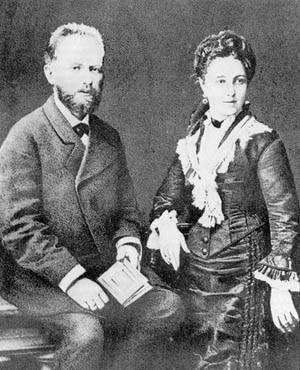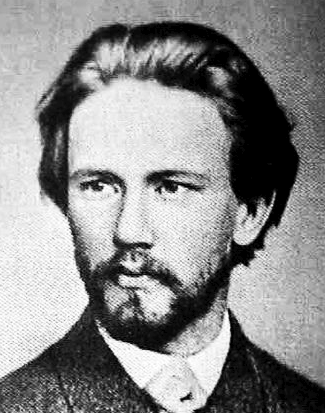There’s a major mystery surrounding the death of the composer Pyotr Ilyich Tchaikovsky. According to most accounts, he died of cholera in 1893, after drinking a glass of unboiled tap water. Which would have been a reckless thing to do, because by 1893 everyone knew that cholera was a water-borne disease, and that it was tantamount to suicide to risk drinking unboiled water. Which is precisely the point. It certainly wasn’t accidental. So was it suicide? Or was he murdered? Did he even die of cholera, or was it a slow-acting poison that mimicked the symptoms of cholera? Arsenic certainly comes to mind; as I have blogged about before, it was a common poison precisely because its symptoms looked so much like cholera. Another, more recent theory, is a more prosaic one, that his doctor didn’t recognize the symptoms of cholera until too late. Maybe he didn’t knowingly drink a glass of unboiled water. Maybe he just got cholera in one of the many ways you can get cholera. A diseased fly could have landed in his borscht.

Pyotr Ilyich Tchaikovsky with his wife Antonina Miliukova during their honeymoon in 1877. The marriage lasted 9 days.
The true cause of his death will probably always be a mystery. Those who ascribe to the murder theory claim that Tchaikovsky may have been forced to drink the cholera/arsenic-laden water by a tribunal of noblemen to cover up his affair with a young duke. Those who ascribe to the suicide theory claim that he was despondent over the luke-warm reception of his most recent composition. Or that he was despondent and full of self-loathing about his homosexuality, and fearful of bringing shame upon his family. Sadly, as demonstrated in letter after letter, he regarded his homosexuality as “a terrible weakness and a shameful disease that ought to be curable.”* What’s not in debate is that he was a tortured man.
